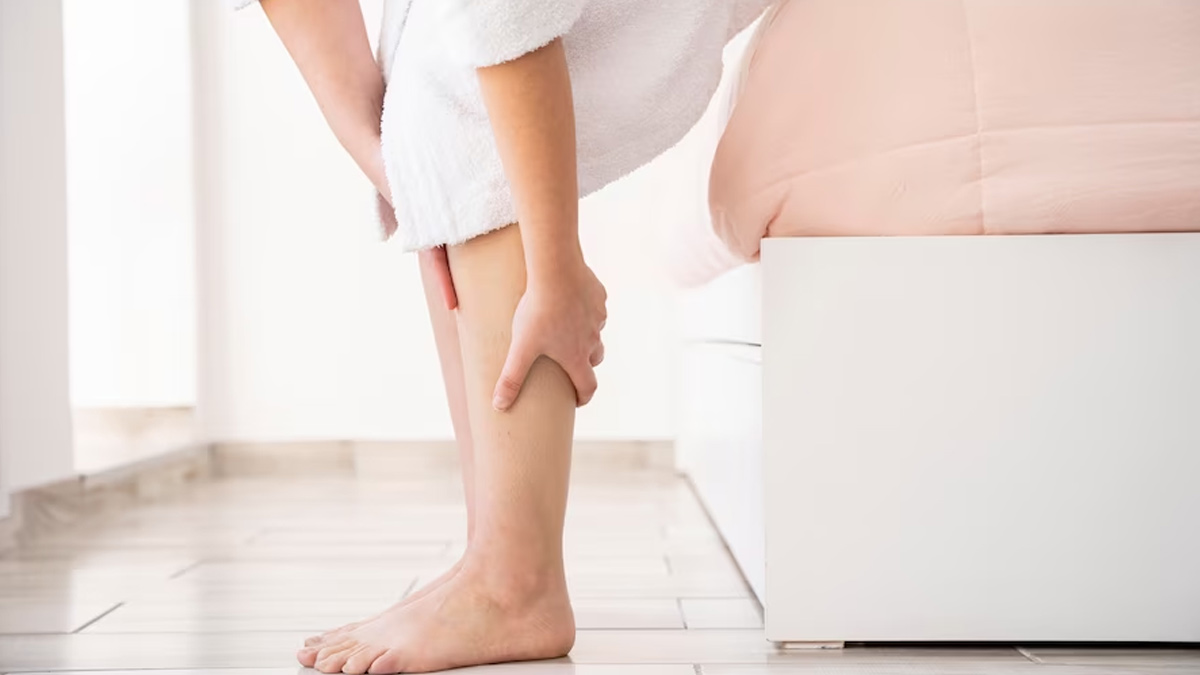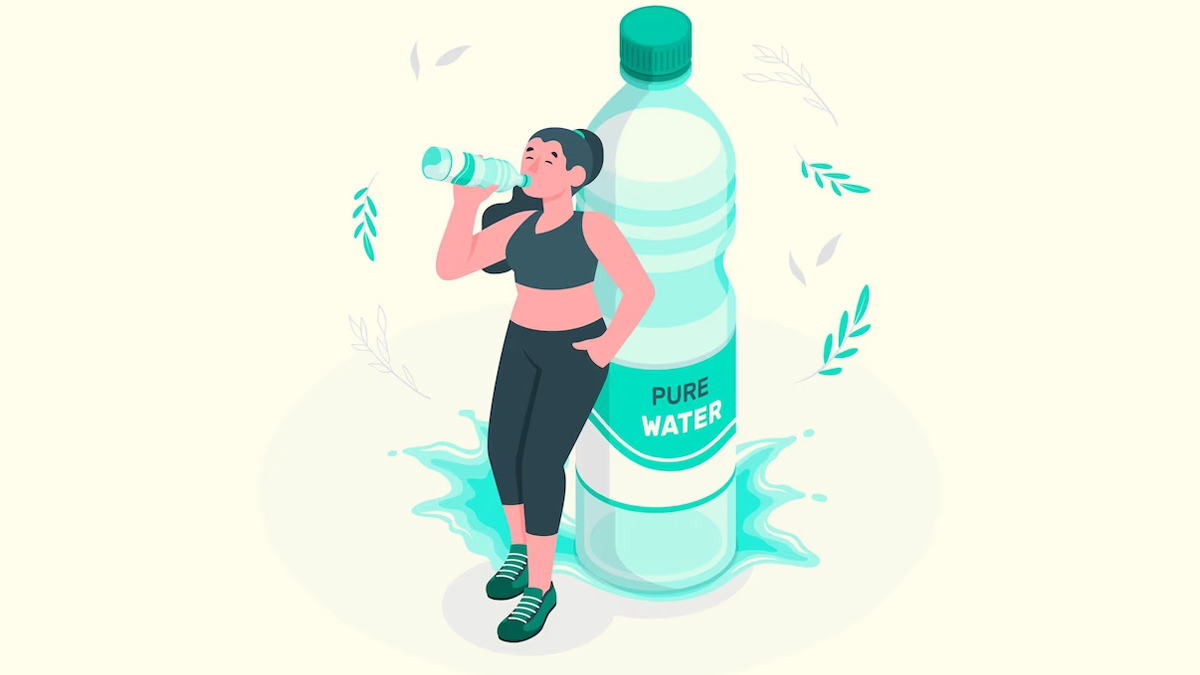
Have you ever been woken up in the middle of the night by a sudden, sharp pain in your leg? If you have, you're not alone. Leg cramps or calf cramps can cause significant pain that many people experience, often leaving them confused and searching for answers.
Table of Content:-
“Calf cramps are involuntary (without conscious control) muscle spasms that can be uncomfortable and linger from a few seconds to minutes”, said Dr Nikhil Kulkarni, Consultant-Internal Medicine, SL. Raheja Hospital, Mahim - A Fortis Associate. As per him, the likelihood of leg cramps during night increases with age. As a result, it is important to understand its causes and receive timely treatment. Let’s explore the possible causes behind leg cramps and how to get rid of them.
It Can Be Due To Dehydration
One of the major reasons behind leg cramps is dehydration. When your body lacks proper hydration, the muscles are more prone to contract involuntarily, causing cramps.
Also read: Newborn Care Basics: 5 Signs Of Dehydration In Infants
Mineral Imbalances
As per MayoClinic, low levels of essential minerals like potassium, magnesium, and calcium can trigger leg cramps. Incorporating foods rich in these nutrients, such as bananas, nuts, seeds, and dairy products, into your diet can help maintain a healthy balance.
One research conducted on 230 women discovered that people who suffered muscle cramps consumed less dietary potassium than those who did not.
Overexertion And Pushing Your Muscle
Pushing your muscles too hard during exercise or physical activity can lead to overexertion and cramping. In this case you can warm up properly and gradually increase intensity to avoid straining your muscles.
Muscle Fatigue
When muscles are tired, they are more susceptible to cramping. Incorporating regular stretching and rest days into your routine can help prevent muscle fatigue.
Medication Side Effects
Certain medications, such as diuretics and cholesterol-lowering drugs, can disrupt mineral balances and trigger leg cramps. Consult your doctor if you suspect your medications might be contributing to cramps.
The US Food and Drug Administration prohibits the usage of quinine to prevent leg cramps because it may lead to dangerous side effects.

Footwear
Wearing ill-fitting shoes or high heels can strain the muscles in your legs and lead to cramps. Choose comfortable, supportive footwear to prevent such discomfort.
Nerve Compression
Issues like herniated discs or nerve compression in the spine can sometimes cause referred pain in the legs, leading to cramps. Seeking medical advice and appropriate treatment is crucial in such cases.
Cold Temperatures May Trigger Cramps
Exposing your legs to cold temperatures for extended periods can constrict blood vessels and increase the likelihood of cramps. Keep your legs warm, especially during colder months.
During Pregnancy
Pregnant women often experience leg cramps due to changes in blood circulation and increased pressure on the muscles. As per research published in Hindwi, pregnant women in India have the highest rate of muscle cramps that occurs during the third trimester. Nearly 64.6% of women experience it in the calf.
Also read: The Benefits Of Chamomile Tea For Period Cramps
How To Stop Leg Cramps
To alleviate leg cramps you can adopt following methods:
- Make sure to drink enough water throughout the day.
- Gentle stretches and staying hydrated can help alleviate these cramps.
- Regular physical activity, avoiding prolonged sitting, and massaging your legs can help improve circulation and prevent cramps.
- Overconsumption of caffeine and alcohol use might contribute to dehydration, which can cause leg cramps.

Leg cramps can be a real annoyance, but with the help of right knowledge of their common causes, you can take proactive steps to prevent them. Remember to stay hydrated, maintain a balanced diet, exercise regularly, and pay attention to your body's signals. By addressing these factors, you'll be well on your way to enjoying a cramp-free life and uninterrupted sleep.
Also watch this video
How we keep this article up to date:
We work with experts and keep a close eye on the latest in health and wellness. Whenever there is a new research or helpful information, we update our articles with accurate and useful advice.
Current Version